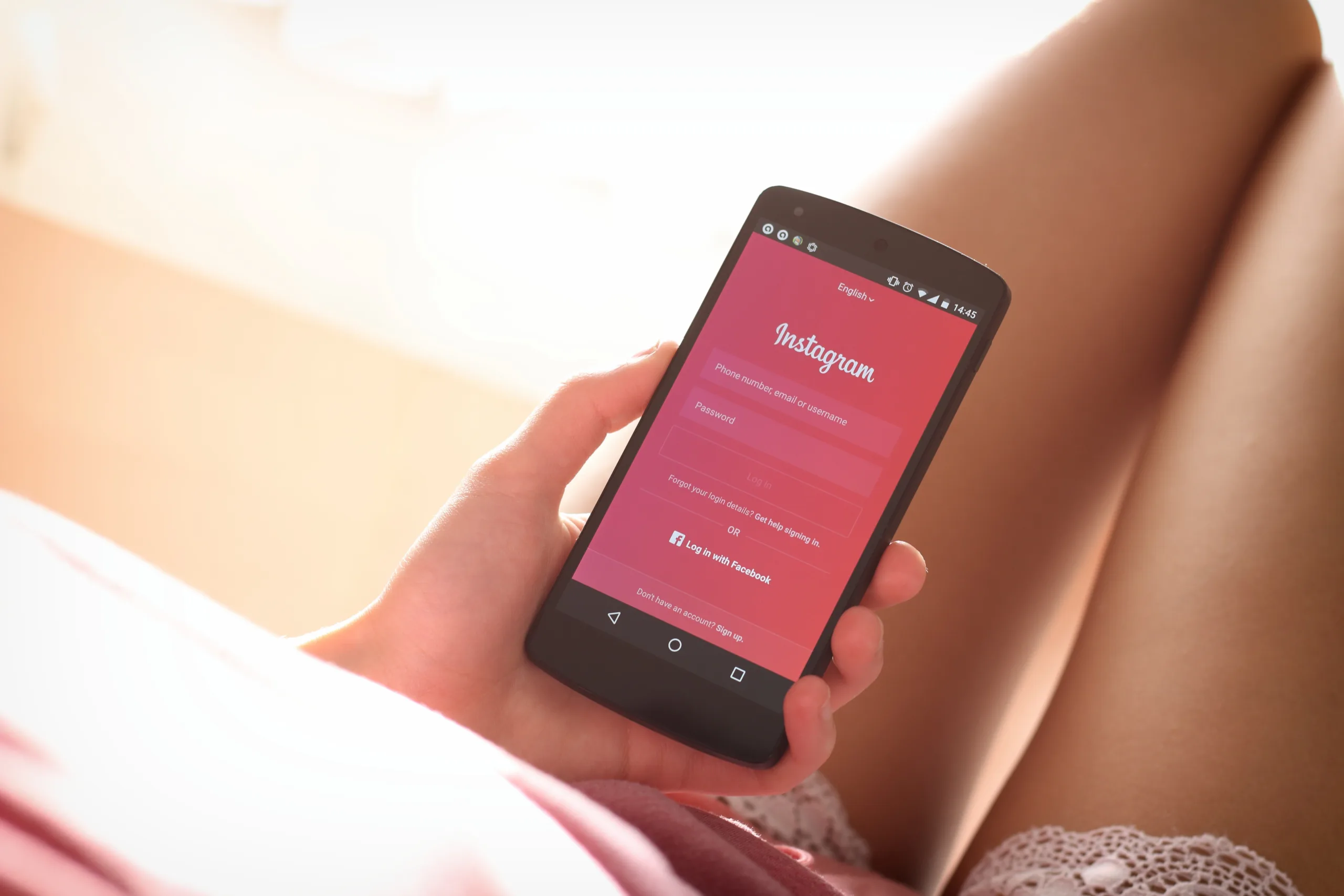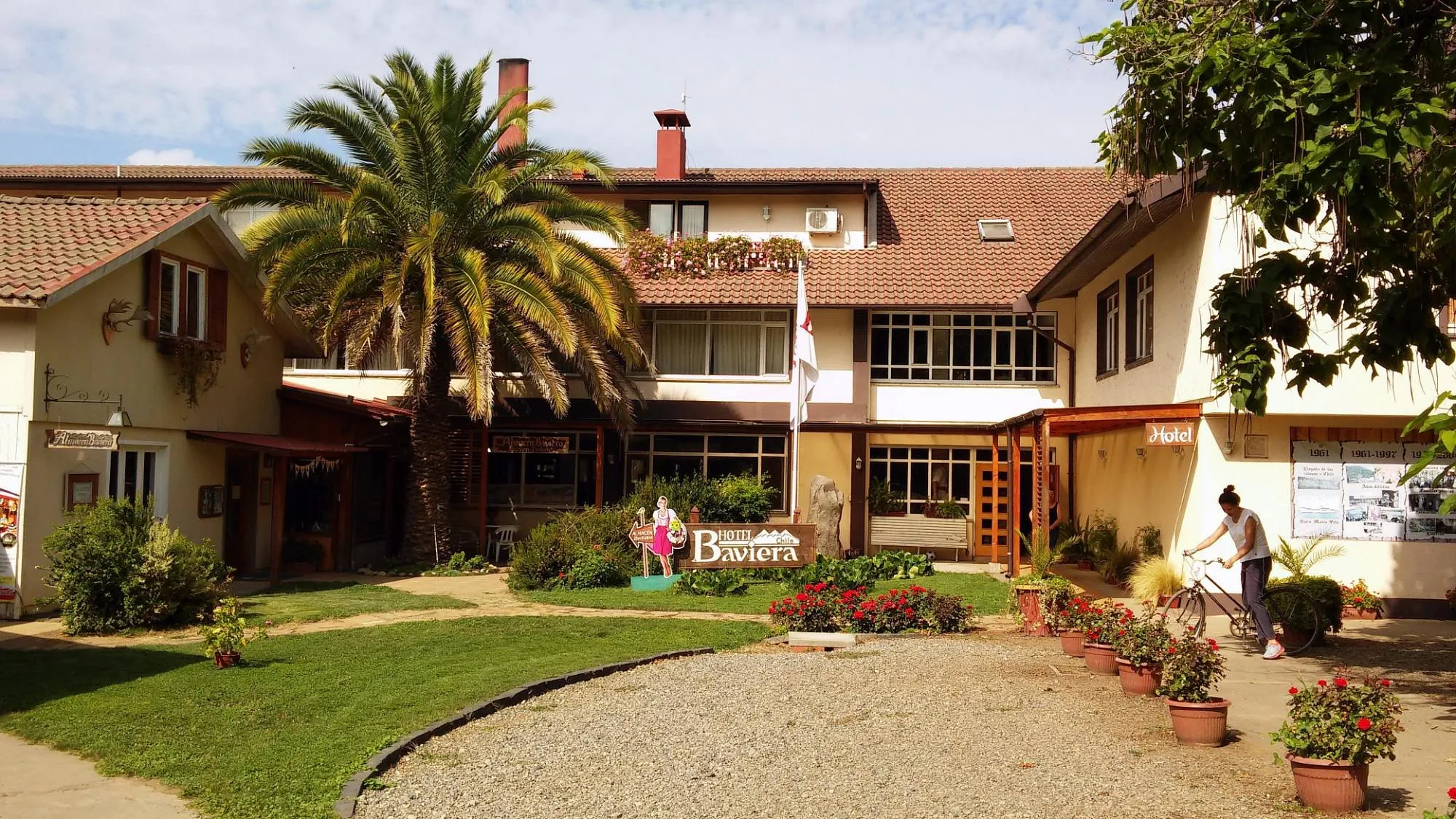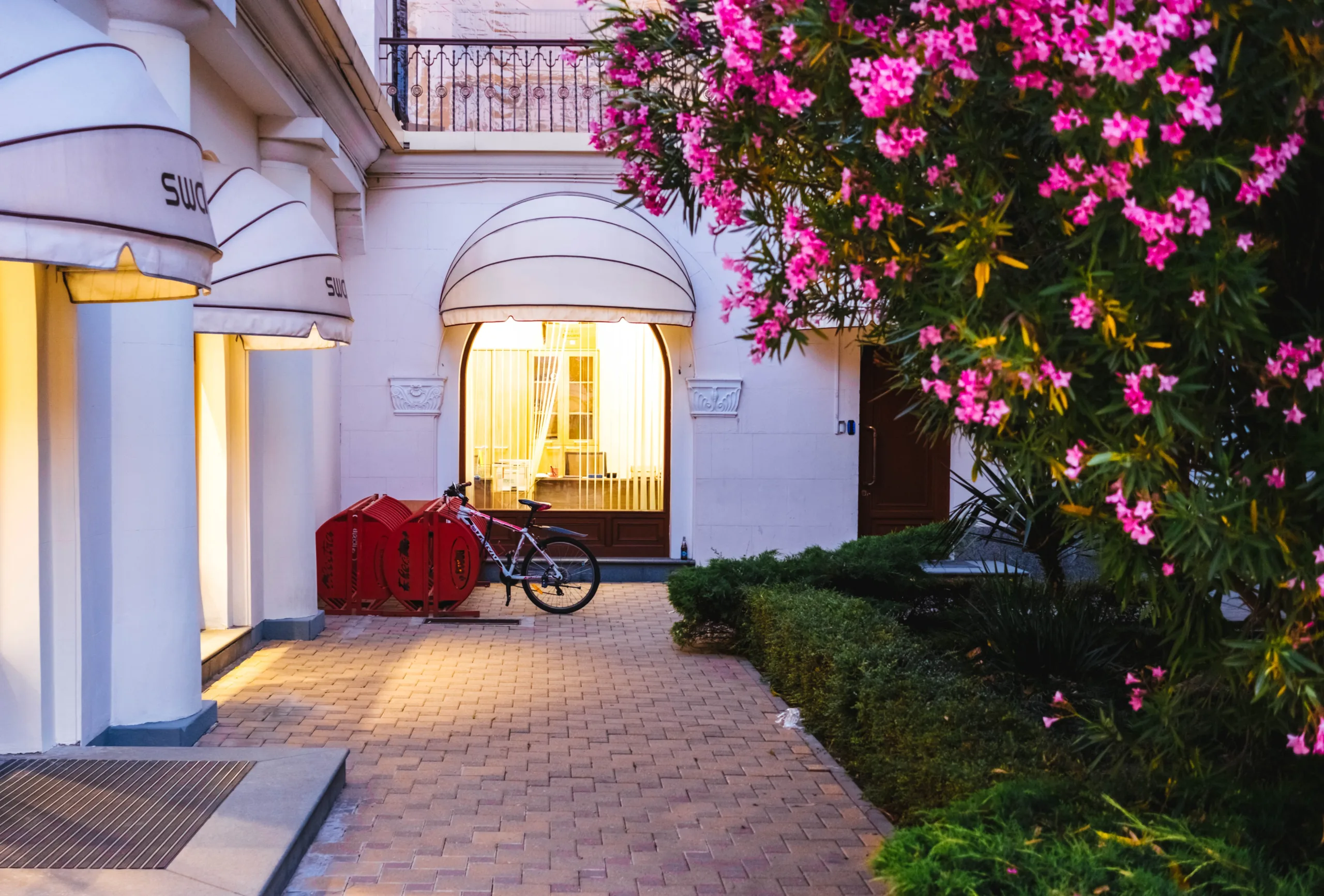In today’s digital age, influencer marketing has become a powerful tool for businesses to reach new audiences and increase brand awareness. The hospitality industry, in particular, can benefit greatly from influencer marketing as it allows hotels, resorts, and restaurants to showcase their unique offerings to a wider audience. In this blog, we’ll explore how influencer marketing can help your hospitality business grow and some tips for creating a successful influencer marketing campaign.
What is influencer marketing?
Influencer marketing in hospitality involves partnering with individuals who have a significant social media following to promote your brand. These influencers can be bloggers, Instagrammers, YouTubers, or any other social media personalities with a significant following. By partnering with influencers, businesses can reach a broader audience and tap into their followers’ trust and loyalty.
Why does influencer marketing work for the hospitality industry?
The hospitality industry is all about experiences, and influencers can help businesses showcase their unique offerings to potential guests. By partnering with influencers who have a relevant audience, hotels, resorts, and restaurants can showcase their unique amenities, location, and services to a highly targeted audience. Additionally, influencers can share their experience with their followers, creating a sense of trust and authenticity that traditional advertising can’t match.
Tips for creating a successful influencer marketing campaign in hospitality:
- Define your target audience: Before starting an influencer marketing campaign, it’s essential to identify your target audience. By understanding your ideal customer, you can partner with influencers who have a relevant following.
- Choose the right influencers: Not all influencers are created equal. It’s essential to choose influencers who align with your brand’s values and have a highly engaged audience. Look for influencers who have a strong social media presence, high engagement rates, and a loyal following.
- Create a compelling offer: Influencers are typically compensated for their services, either with monetary compensation or free amenities. It’s important to create a compelling offer that incentivizes influencers to promote your brand.
- Set clear expectations: To ensure a successful campaign, it’s essential to set clear expectations with your influencers. Provide them with clear guidelines on what you want them to promote and how they should promote it.
- Track your results: It’s important to track the success of your influencer marketing campaign to understand what’s working and what’s not. Monitor metrics such as engagement rates, website traffic, and bookings to determine the ROI of your campaign.
In conclusion, influencer marketing in hospitality is a powerful tool for hospitality businesses looking to reach new audiences and increase brand awareness. By partnering with relevant influencers and creating compelling offers, businesses can showcase their unique offerings to a highly targeted audience. By following these tips, you can create a successful influencer marketing campaign and take your hospitality business to the next level.
Looking to take your hospitality business to the next level? Partner with us, ThisRapt, to create a successful influencer marketing campaign that will help you reach new audiences and increase brand awareness. Our team of experts has the knowledge and experience to create a customized influencer marketing strategy that aligns with your business goals and objectives.
Contact us today to learn more about how we can help you leverage the power of influencer marketing to grow your hospitality business. Let’s work together to create an unforgettable experience for your guests and take your business to new heights.




